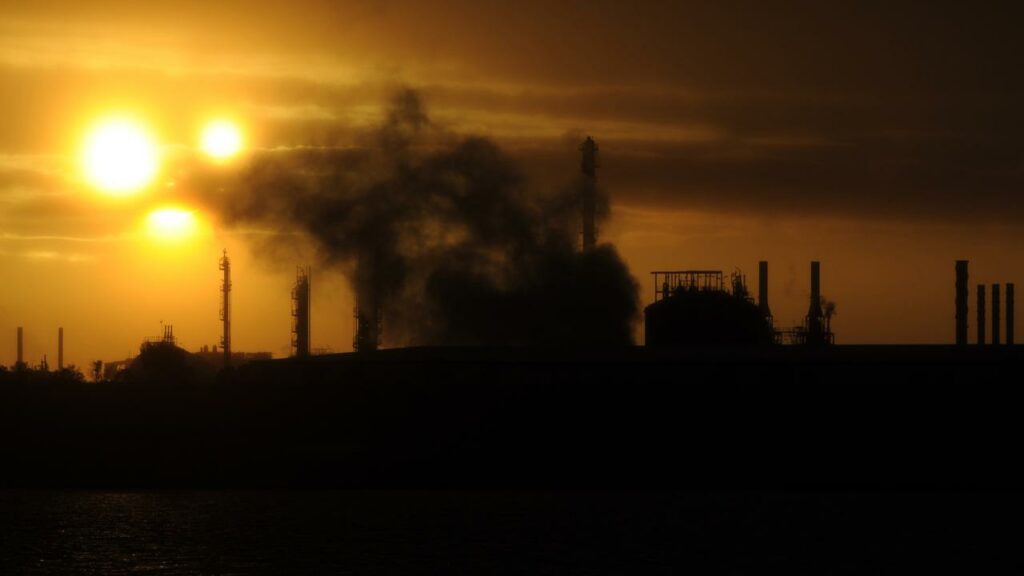Climate policy vote fast-tracked as cost fears emerge
Paul Osborne and Tess Ikonomou |

Labor’s plan to cut emissions from industry to tackle climate change is on track to pass parliament by the end of the week.
But there are concerns it could put investment at risk and push up energy prices for households and businesses.
With the bill to broaden the safeguard mechanism passing the lower house on Monday, the Senate moved on Tuesday to fast-track the bill for a vote by Thursday afternoon.
It will pass the Senate with the backing of the Greens and crossbenchers.
ACT independent senator David Pocock reached an agreement with the government on Monday night.
“Reforms to the safeguard mechanism are imperfect, but represent a step towards a credible climate policy,” Senator Pocock said on Tuesday.
The government agreed to a hard cap on safeguard mechanism emissions, which Senator Pocock said would give Australians certainty of pollution reduction under the policy.
The government also agreed to accept or partially accept 16 recommendations as additional comments to the committee report on the legislation.
The safeguard mechanism, which was initiated by the coalition government but is being overhauled by Labor, will apply to the country’s 215 biggest emitters and force them to reduce their emissions by 4.9 per cent each year.
Climate Change Minister Chris Bowen said the safeguard was critical to meet emissions targets.
“Economic success for industries and countries will be determined by those countries that had the best framework for decarbonisation,” he told parliament.
“Investors will demand it, insurers will demand it, and consumers demand it as well. Increasingly economic success and climate success are interlinked and that is why the passage of the safeguard bill … will be so important for our future.”
Companies that aren’t able to meet the targets would be able to buy carbon credits.
The policy is essential to achieving a 43 per cent emission reduction by 2030 and net-zero by 2050.
The Greens deal puts a ceiling on gross greenhouse gas emissions, which won’t be able to exceed current pollution levels of 140 million tonnes a year, and there will be a decreasing cap over time.
The bill will include a “pollution trigger” that will require the climate change minister to test a new or expanded project’s impact on the hard cap and net carbon budgets.
If the assessment finds the project would contribute to exceeding the cap or budget, the minister must consult and recalibrate the rules or impose conditions on new entrants.
Greens leader Adam Bandt said there were no excuses for the government to keep opening coal and gas projects.
“About half of the 116 coal and gas projects in the pipeline won’t be able to go ahead, and now, we’re coming after the rest,” he said in Canberra on Tuesday.
“These coal and gas corporations are greedy bastards … they’re pushing up power prices, making obscene profits off the back of a dictator’s invasion of Ukraine and now they’re threatening to push power prices up even further.”
As well, all new gas fields for export will need to be carbon neutral from day one.
Opposition climate change spokesman Ted O’Brien described it as a “carbon tax on prosperity”.
The Australian Petroleum Production and Exploration Association said it would make it harder for gas to be used to transition away from coal and provide reliable backup for renewable energy.
AAP